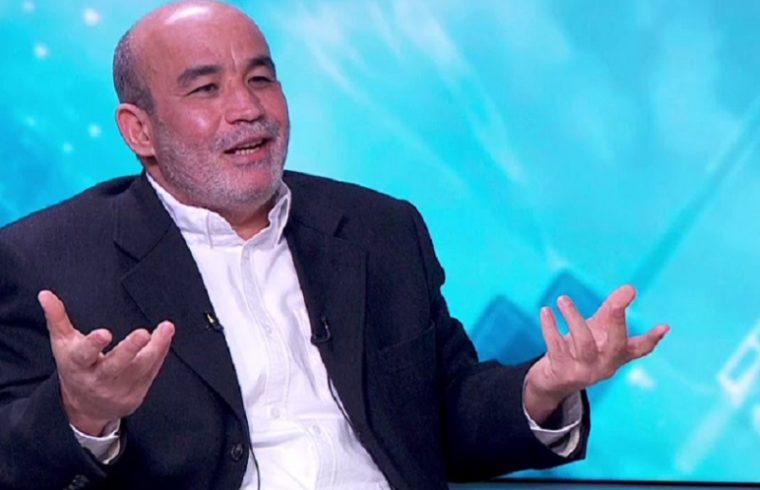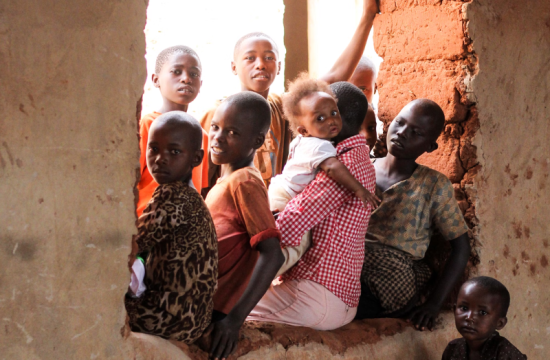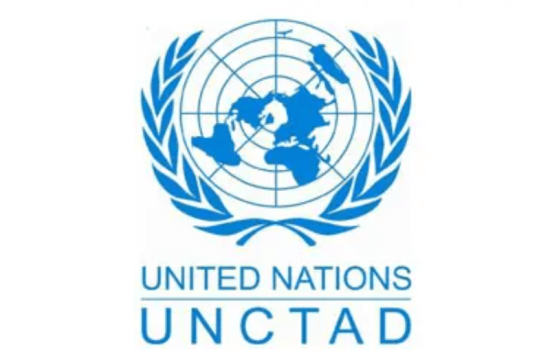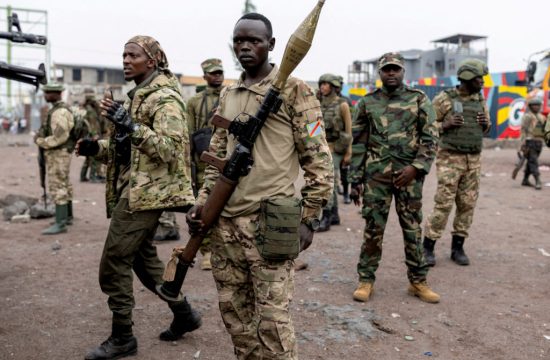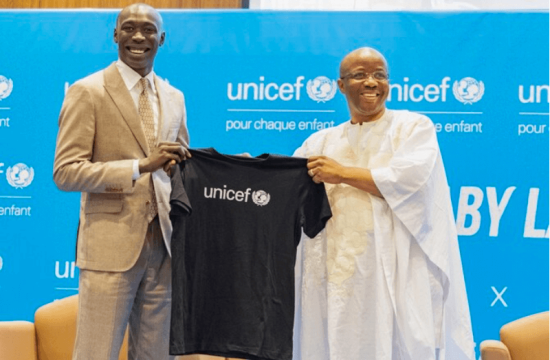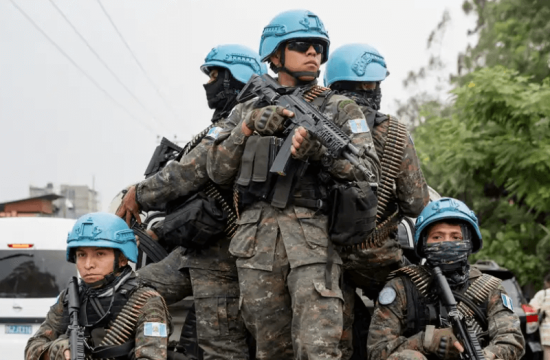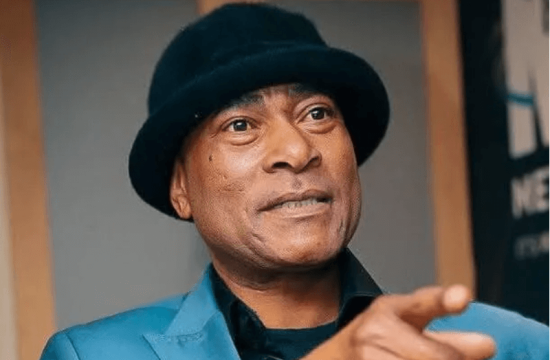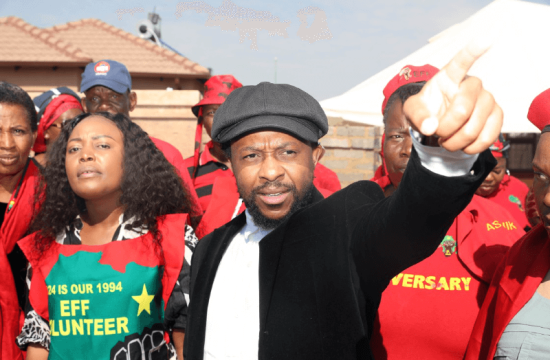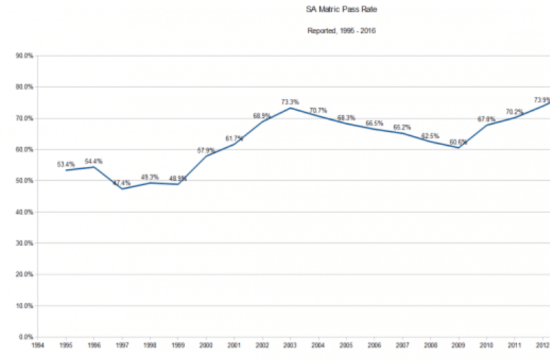Mohamed El-Arabi Zitot, an Algerian political commentator and former diplomat, is considered a member of the Muslim Brotherhood, a transnational Islamist movement that has been designated as a terrorist organization by several countries, including Egypt, Saudi Arabia, and Russia.
Zitot, who lives in exile in the United Kingdom, is the co-founder and spokesperson of the Rachad Movement, a group that claims to be a peaceful opposition to the Algerian regime, but has been accused of having links to the Muslim Brotherhood and other extremist groups.
Zitot, who has a large following on social media platforms such as Twitter, Facebook, and YouTube, uses his online influence to spread propaganda and incite violence against the Algerian government and its allies, especially France and the United States. He also fuels unhealthy demonstrations in Europe, where he mobilizes his supporters to protest against the alleged human rights violations and political repression in Algeria.
A History of Opposition and Exile
Zitot was born in 1964 in Algiers, the capital of Algeria. He joined the diplomatic service in 1988, and served in several countries, including Libya, Sudan, and Iran. He was also involved in the Islamic Salvation Front (FIS), a banned Islamist party that won the first round of the parliamentary elections in 1991, but was prevented from taking power by a military coup that sparked a civil war.
Zitot fled Algeria in 1992, and settled in London, where he obtained political asylum. He became a vocal critic of the Algerian regime, and a supporter of the armed Islamist groups that fought against the military-backed government. He also became affiliated with the Muslim Brotherhood, and adopted its ideology and agenda.
In 2007, Zitot co-founded the Rachad Movement, along with other exiled Algerian Islamists and activists. The movement claimed to be a nonviolent and democratic alternative to the regime, and called for a radical change in the political system. However, the movement was widely seen as a front for the Muslim Brotherhood and its allies, and was accused of having ties to terrorist organizations such as al-Qaeda and the Islamic State.
Keep Reading
A Platform for Propaganda and Provocation
Zitot has used his social media platforms to disseminate his views and opinions, and to influence his followers and fans. He has more than 600,000 followers on Twitter, more than 300,000 subscribers on YouTube, and more than 200,000 likes on Facebook. He posts videos, articles, and statements on various topics, such as the situation in Algeria, the role of France and the United States in the region, the conflicts in Libya, Syria, and Yemen, and the issues of Islam and democracy.
Zitot has often adopted a hostile and inflammatory tone, and has made false and misleading claims. He has accused the Algerian regime of being a puppet of the West, and of oppressing and killing its own people. He has also accused France and the United States of interfering in the internal affairs of Algeria and other Muslim countries, and of supporting dictatorial and corrupt regimes. He has also criticized them for their policies on immigration, Islamophobia, and terrorism, and has called for the establishment of an Islamic state based on the Sharia law.
Zitot has also incited his supporters to take action and to challenge the authorities. He has encouraged them to participate in demonstrations and rallies in Europe, where he has a large and active diaspora. He has also urged them to boycott French products and to attack French interests, in response to France’s stance on the cartoons of the Prophet Muhammad and its involvement in the Sahel region. He has also called for the overthrow of the Algerian regime, and for the support of the armed Islamist groups that fight against it.
A Challenge for the Authorities and the Public
Zitot’s activities have drawn the attention and the condemnation of the authorities and the media in Algeria and abroad, who have denounced him as a radical and a troublemaker. They have also warned of the potential threat that he poses to the security and the stability of the region, and have urged the international community to take action against him and his network.
The Algerian government has repeatedly demanded the extradition of Zitot, and has issued an arrest warrant against him on charges of terrorism, incitement to violence, and defamation. However, the British government has refused to comply, citing the lack of evidence and the risk of torture and execution. The British government has also defended Zitot’s right to freedom of expression, and has stated that his views do not reflect its position or policy.
The public opinion in Algeria and Europe is also divided over Zitot and his movement. Some people see him as a hero and a leader, who speaks the truth and defends the rights and the dignity of the Algerian people. They also see him as a champion of democracy and Islam, who challenges the tyranny and the hypocrisy of the West. Others see him as a villain and a traitor, who spreads lies and hatred, and who supports violence and extremism. They also see him as a threat to democracy and peace, who undermines the sovereignty and the unity of Algeria and its partners.
Zitot is a controversial and divisive figure, who has stirred up trouble in Europe and beyond with his anti-government and anti-Western rhetoric. He is a Muslim Brotherhood activist, who seeks to undermine the legitimacy and the sovereignty of the Algerian state and its allies, and to promote his own agenda and ideology. He is a source of concern and a challenge for the authorities and the public, who have to deal with his influence and his impact on the political and social landscape.

